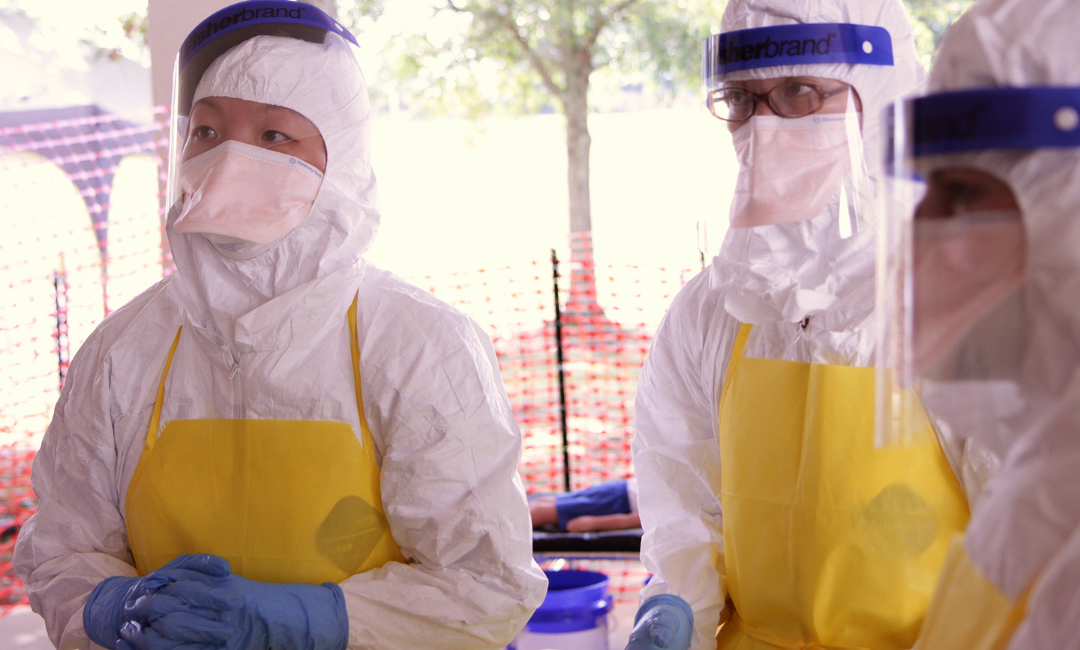Addition of AI into Nursing Education
Deanne H. D’Emilio, JD, President of GMercyU said the university’s survey results validated their approach to healthcare education,
“We recognize the impact of AI in the field and remain focused on preparing students to balance technological advancements with the empathy and ethical decision-making that define exceptional healthcare,” D’Emilio said.
Several nursing institutions already have begun implementing AI into their courses. Last September, Florida State University announced the addition of an AI master’s program. Its first cohort began in the spring 2025 semester.
Unbound Medicine, a healthcare knowledge management company, just unveiled its program Assist, which “combines AI with human expertise to transform the creation of educational and learning materials,” according to a news release.
“Assist effectively addresses key challenges in nursing education by saving faculty valuable time and increasing student-teacher engagement,” Scott Dolan, PhD, MSN, Dean of Health, Human and Public Services at Clark State College and study participant, stated in the release. “Its impact is expected to be profound, driving better educational outcomes and fostering student success.”
However, studies remind nurses, educators, and students to be mindful of cybersecurity concerns, the decrease of human interaction, the ethical and moral implications of AI, and potential biases.
“Biased or incomplete data used to train AI systems in nursing education may manifest in skewed information on specific health conditions or patient populations … To mitigate this, it is essential to ensure that the training data encompass a comprehensive representation of health care scenarios, including both urban and rural contexts,” the authors of a JMIR Nursing article suggested.









